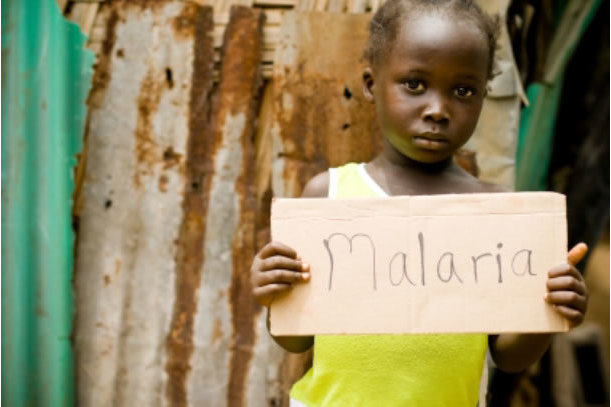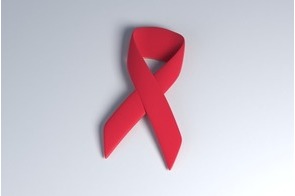Adesina urges African entrepreneurs to invest in anti-malaria drugs

Summary
At least 79% of the drugs consumed on the continent are imported from India and China.
The President of the African Development Bank, Akinwumi Adesina, has advised on the local manufacturing of low-cost generic medicines to facilitate access to malaria treatment in Africa.
Adesina spoke on Sunday at the African Leaders Malaria Alliance (ALMA) work luncheon on the sidelines of the African Union Summit in Addis Ababa, Ethiopia.
Malaria strains national economies and impoverishes households, Adesina said in his statement, adding that the economic impact of the tropical disease is estimated to cost Africa $12 billion every year, impacting some nations’ gross domestic product by as much as 5-6%.
To facilitate access to treatment to as many people as possible on the continent, ownership by African pharmaceutical entrepreneurs of the local production of low-cost generic anti-malarial drugs is imperative, President Adesina said.
Available statistics has it that at least 79% of the drugs consumed on the continent are imported from India and China. The local manufacture of anti-malaria medicines would make them affordable to most Africans families.
“African entrepreneurs – especially those already active in the pharmaceutical industry – should be able to reduce this startling trade deficit by investing in local manufacturing of generic medicines,” Adesina said. “The size of Africa’s pharmaceutical market could grow from $30 billion in 2016 to $40 billion in 2020, given the large proportion of Africans buying malaria medicines and treatments.”
ALMA is a coalition of 49 African Heads of State and Government established in 2009 and working across country and regional borders to eliminate malaria by 2030. It was inspired by the African Union vision of an Africa free of malaria and guided by the World Health Organization’s Global Technical Strategy for Malaria 2016-2030.
Related
-
Studies reveal gaping hole in health funding in Sub Saharan Africa
The research estimates that by 2040, average health spending per person will range from US$164 in low-income countries to ...
-
-
New research highlights key interventions to prevent infant mortality
Lassi said 2.9 million newborns around the world do not live beyond their first month of life.
Sustainable Development Section Sponsor
Most Popular
- What Ould Tah’s tenure at BADEA reveals about his AfDB candidacy
- Rise in vaccine-preventable disease outbreaks is a threat, warn WHO, others
- Africa must stop buying what it already has
- AWIEF 2025 mobilising stakeholders to recommit to gender equity
- Finnfund issues EUR 200 mn multi-tranche green and sustainable bonds










